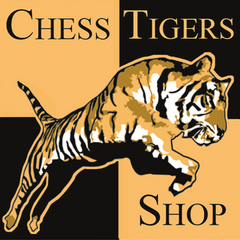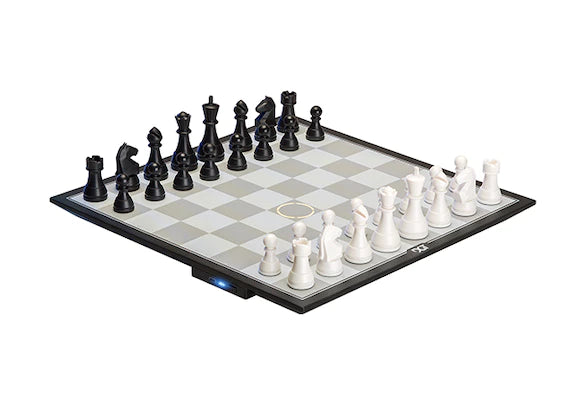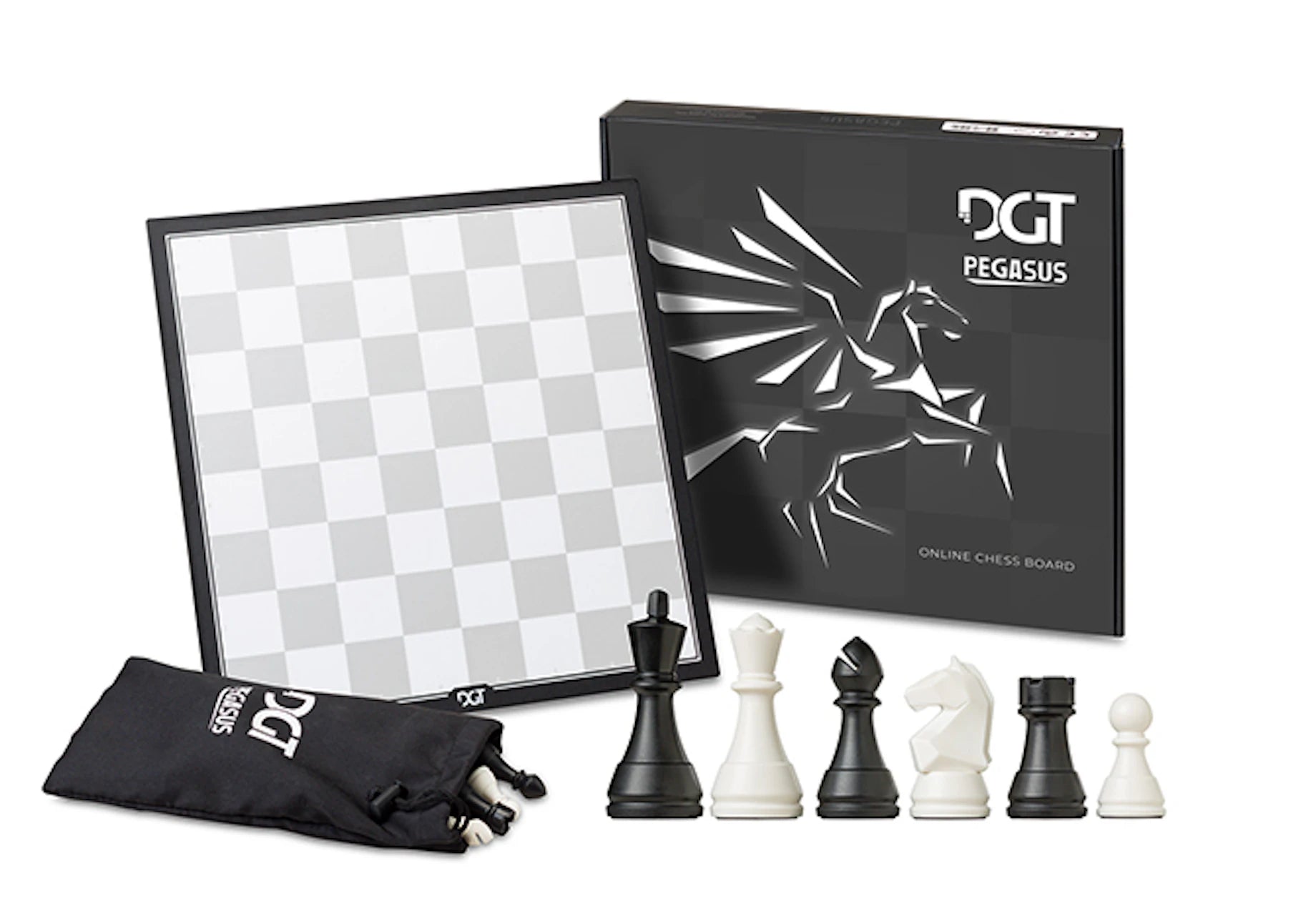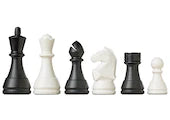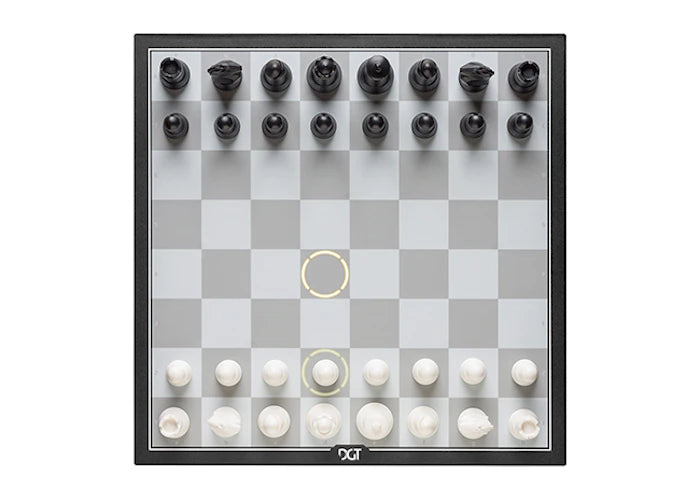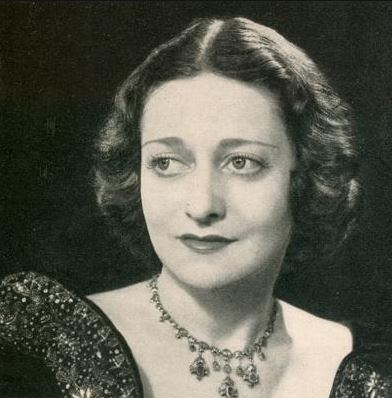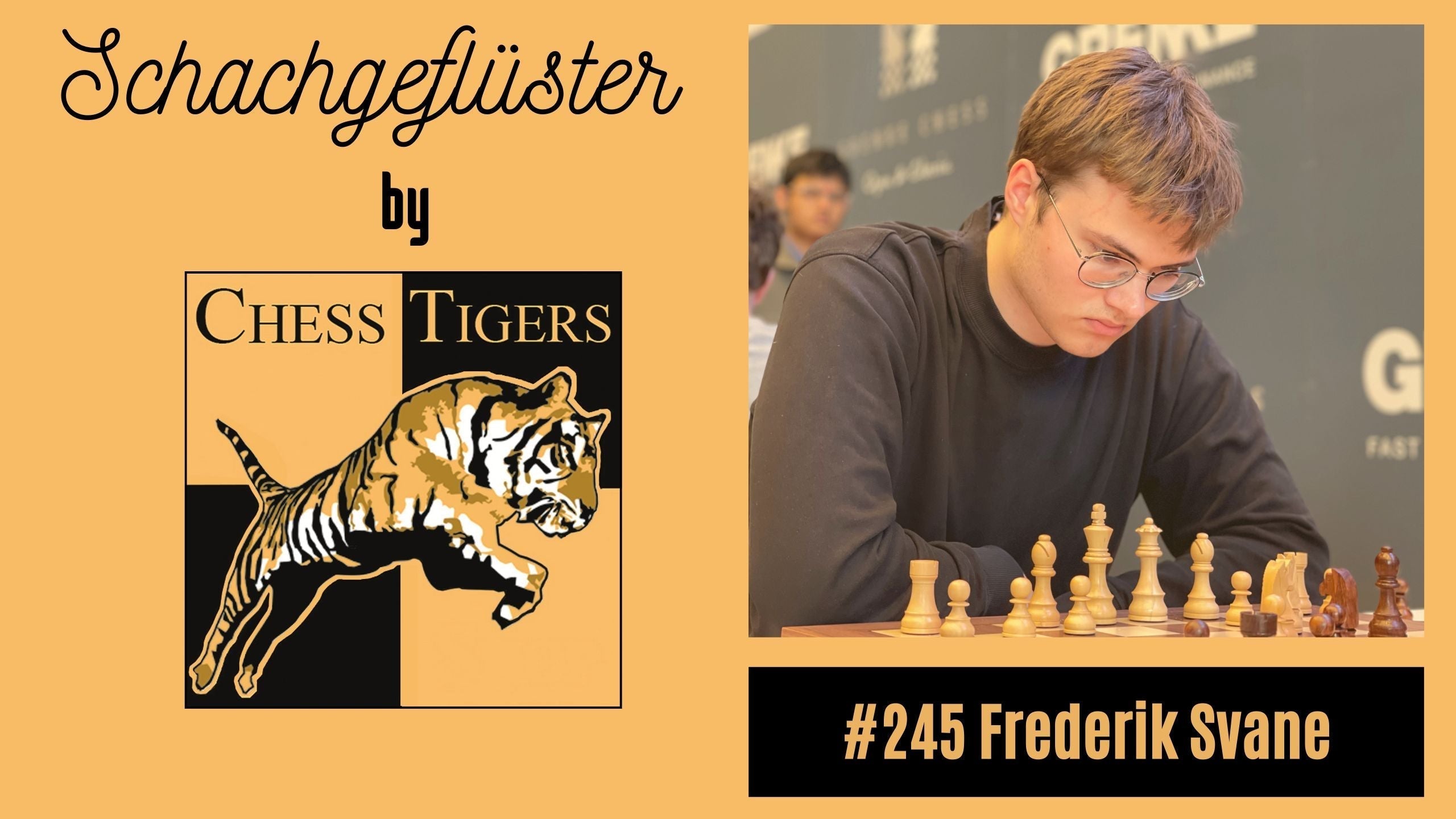The national coaches Jan Gustafsson (men) and Yuri Yakovich (women) have nominated the squads for the upcoming European Team Championship, which will take place from 10 to 21 November 2023 in Budva, Montenegro.
Both national coaches hardly surprised anyone with their line-ups. Gustafsson, a former second to Peter Leko and Magnus Carlsen, is bound by a rule that the players themselves requested and enforced. This rule is that the top 4 players in the German Elo ranking must be nominated. At the European Championship, 4 boards are used, and one reserve player is also allowed. Only the reserve board can be chosen by the national coach at his own discretion. This rule is quite controversial among the coaching community, as in tournaments like this, players want to have not only the best players but also those who work well in a team dynamic.
The fact that a special case arose shortly after this regulation came into force, which those responsible had not thought about, is all the more annoying. Rasmus Svane and Dmitrij Kollars share fourth and fifth place in the German rankings with an Elo of 2641 points. That is, the place that is enough for a guaranteed nomination and the place that may have to give way to the 6th, 7th or 8th in the German rankings. If it had happened this time, one could hardly have blamed Jan Gustaffson. Lurking in 6th place in the German rankings is the young Frederik Svane, who played in the first round of the Junior World Championships in Mexico City last night.
But Gustafsson did not dare to experiment and nominated Rasmus Svane and Dmitrij Kollars alongside the established Vincent Keymer, Alexander Donchenko and Matthias Blübaum. This means that Germany will be starting with a very talented and young team. This can be an advantage once things get going and older teams have problems with their fitness. Youthfulness can also be a disadvantage. After a setback, there is no experienced player in the team to pick the young players up again.
Of course, the hope remains that with this golden generation, a repeat of the 2011 European Championship victory may be possible.
In the women's competition, the national coach has free rein as to who he nominates. Yakovich is not to be envied for his task, even if the first two boards with Elisabeth Pähtz and Dinara Wagner are set up automatically. Behind them, it gets trickier, with many players with an Elo of around 2300 offering themselves for one of the three remaining places. The Powergirls program launched by the DSB has not catapulted any of the participating young women so far forward that they can no longer be overtaken.
Yakovich seems to be banking on continuity. At first glance, this seems like a logical strategy for the traditionally unsettled women's team. The quickest clue was certainly Jana Schneider's name. Awarded a board prize at the last Olympics, she once again proved her incredible fighting spirit at the recently concluded Women's World Championship.
The next player in the team is Josefine Heinemann, who finished the World Team Championship, which was played in rapid chess format, with two defeats. However, the national coach will appreciate her previously solid results as well as her incredibly strong opening knowledge.
Last but not least, Hanna-Marie Klek gets her ticket. Klek, with a lot of fluctuations recently, is a calming influence on a human level. In a nerve-wracking championship like the European Championship, that's an important asset.
All in all, it can be said that the German teams are among the extended group of favorites. Now it depends on the preparation on site, the form of individual players and a good start to answer the question of whether something tangible can emerge from the teams' great potential.
